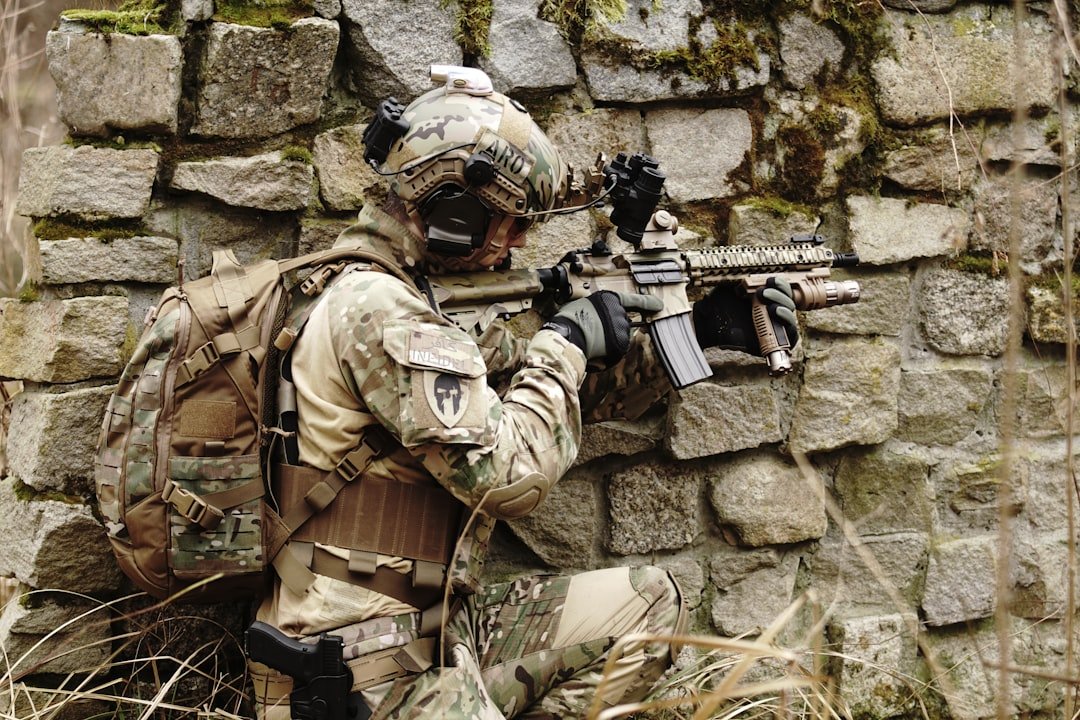
A phobia represents an intense, often unfounded anxiety toward a specific object or situation. You may recognize your unease with firearms as this type of fear. This discomfort could stem from limited knowledge about guns, shaped largely by dramatic portrayals in films or reports of violent incidents. According to psychological studies, such as those from the American Psychological Association, phobias can develop from indirect exposure, affecting up to 10% of adults in the U.S. alone. Alternatively, personal experiences might unconsciously shape your views, leading to the belief that firearms are inherently dangerous, which only intensifies your hesitation around them.
Regardless of the underlying cause, the key takeaway is that this fear doesn’t have to define you. If you’re committed to gaining proficiency with a firearm, several practical approaches can help alleviate your apprehensions and build confidence over time.
1. Engage with Experienced Firearm Users in Your Network
Fear has a way of isolating us, making it seem like our struggles are one-of-a-kind. However, opening up discussions with individuals in your circle who own guns can reveal that these concerns are quite common. Research from firearm safety organizations indicates that a significant majority of current gun owners, perhaps as many as 70%, started with similar reservations. Hearing their stories can provide reassurance and motivation, showing that it’s possible to move past these initial barriers through education and exposure.
2. Select an Appropriate Guide for Your Journey
A skilled instructor serves as a crucial ally in addressing your firearm-related anxieties. Begin by researching local range experts, perhaps by checking credentials from bodies like the National Rifle Association (NRA). Reach out to trusted contacts—family, friends, or coworkers—to gather recommendations and understand why certain instructors stand out, ensuring their approaches align with your needs. Once you’ve shortlisted a couple of options, consider observing one of their sessions, such as at a community gun club event. This step allows you to gauge their teaching style firsthand, confirming that it fosters a supportive environment conducive to your learning style.
3. Arrange for Personalized Instruction
The idea of handling a gun in a public setting can feel overwhelming, especially when others appear at ease. To ease this pressure, opt for a one-on-one session that offers a private space to explore your questions without judgment. In these individualized lessons, you’ll cover essential skills like aiming and safety protocols, allowing you to progress at a comfortable speed. Experts suggest that beginners often benefit from 2-3 private sessions before transitioning to group classes, as this tailored attention can significantly boost confidence. Keep in mind that while these sessions may cost more, they provide a valuable balance of focused guidance and budget considerations.
4. Include a Supportive Companion
If you’re new to firearm environments, the atmosphere at a range might initially feel unfamiliar and intimidating. Having a close companion, like a friend or family member, can make a big difference during early sessions by offering emotional support and a sense of familiarity. Choose someone who can encourage you, share in the lighter moments, and provide non-judgmental assistance as you navigate challenges. This added layer of comfort, backed by social psychology insights, can help reduce stress and enhance your overall learning experience.
5. Experiment with Low-Pressure Training Techniques
Building familiarity doesn’t always require live ammunition; there are safer alternatives to hone your skills. For instance, incorporating a laser attachment on an unloaded gun lets you practice aiming precision by projecting a beam at targets, helping refine your accuracy without any real discharge. Techniques like dry firing—simulating the trigger action without bullets—can familiarize you with the mechanics while minimizing the associated risks and intensity. These methods create a more relaxed practice setting, gradually developing your muscle memory and reducing the perceived threat, all while adhering to basic safety rules recommended by organizations like the NRA.
Ultimately, by incorporating these strategies, you’ll likely discover that many of your concerns about firearms are based on misconceptions and can be effectively addressed. If you’re considering owning a gun, exploring options like an 80% lower receiver kit could provide a customizable path forward, ensuring you feel prepared and empowered.




